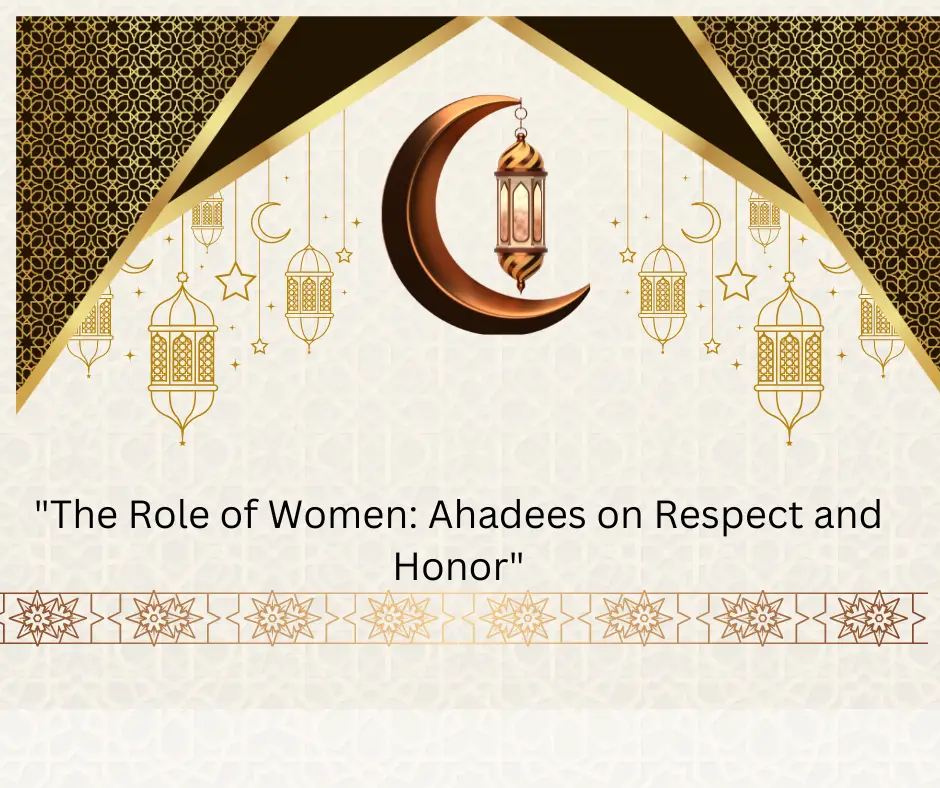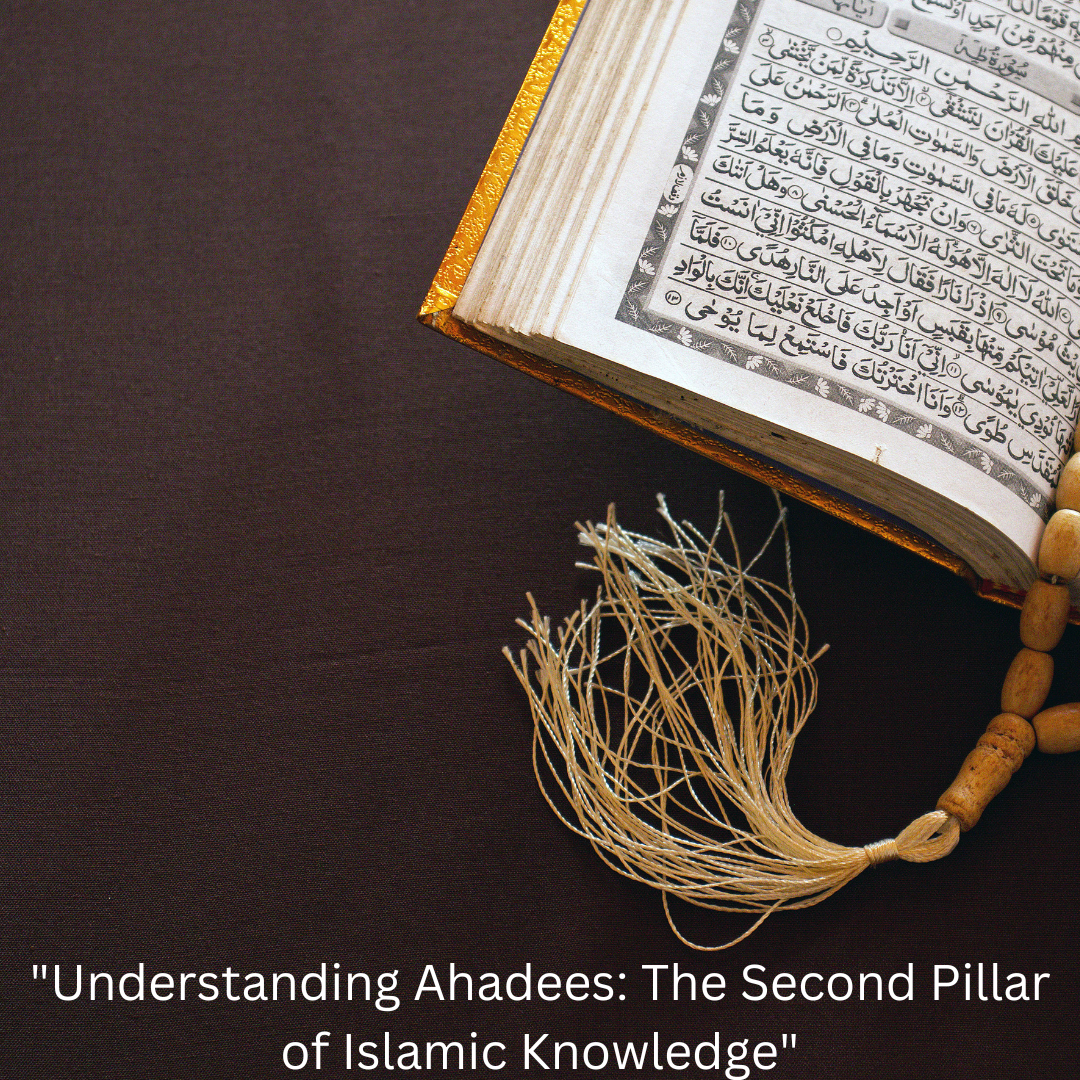Islam holds women in high esteem, advocating for their respect, honor, and equality. The Prophet Muhammad (peace be upon him) emphasized the significance of women in society, family, and faith through numerous Ahadees (sayings of the Prophet). These Ahadees provide profound insights into the role of women and underscore the importance of their rights and dignity. This article delves into some of these Ahadees to illustrate the esteemed position of women in Islam.
1. Equality and Respect
The Prophet Muhammad (peace be upon him) advocated for the equal treatment of women and men. He said:
“Women are the twin halves of men.”
— (Sunan Abu Dawood, Hadith 236)
This Hadith highlights the inherent equality between men and women, signifying that they are complements to one another and must be treated with equal respect and dignity.
2. Importance of Education
Education for women is highly encouraged in Islam. The Prophet (peace be upon him) stated:
“Seeking knowledge is obligatory upon every Muslim.”
— (Sunan Ibn Majah, Hadith 224)
This includes both men and women. The pursuit of knowledge is a fundamental right and duty for all Muslims, emphasizing that women should also be given the opportunity to learn and educate themselves.
3. Rights and Fair Treatment
The Prophet (peace be upon him) was explicit about the fair treatment of women, particularly in marital relationships:
“The best of you are those who are best to their wives.”
— (Sunan Ibn Majah, Hadith 1977)
This Hadith underscores the importance of treating wives with kindness, respect, and fairness. It highlights the moral and ethical responsibility of men to ensure the well-being and happiness of their wives.
4. Mothers and Their Revered Status
Islam places a great emphasis on the respect and honor of mothers. The Prophet (peace be upon him) said:
“Paradise lies at the feet of mothers.”
— (Sunan An-Nasa’i, Hadith 3104)
This profound statement underscores the elevated status of mothers in Islam, advocating for their respect and the significant role they play in the upbringing of children and the shaping of society.
5. Economic Rights
Islam grants women the right to own property and engage in financial transactions. The Prophet (peace be upon him) supported the financial independence of women, as illustrated in this Hadith:
“It is not permissible to take the property of a Muslim except by his or her willing consent.”
— (Sunan Abu Dawood, Hadith 3535)
This Hadith affirms that women have the right to their own property and financial independence, and it is unlawful to take their property without their consent.
6. Honor and Protection
The Prophet (peace be upon him) emphasized the protection and honor of women. He declared:
“O people, fear Allah concerning women! Verily you have taken them on the security of Allah.”
— (Sahih Muslim, Hadith 1218)
This statement was made during the Prophet’s Farewell Sermon, highlighting the significant responsibility of protecting and honoring women. It serves as a reminder of the divine accountability in how women are treated.
7. Encouraging Gentleness and Care
Gentleness and care towards women are consistently encouraged in Islam. The Prophet (peace be upon him) stated:
“Treat women kindly. They are like captives in your hands.”
— (Sahih Bukhari, Hadith 3331)
This Hadith advocates for compassion and kindness towards women, reinforcing the importance of gentle and considerate behavior in all interactions with them.
Conclusion
The Ahadees of the Prophet Muhammad (peace be upon him) provide clear and compelling guidance on the role and treatment of women in Islam. They emphasize equality, education, rights, and respect, highlighting the significant and honored position of women in society. By adhering to these teachings, Muslims can ensure the dignity, honor, and empowerment of women, reflecting the true spirit of Islam.
In today’s world, these timeless teachings serve as a powerful reminder of the principles of justice, respect, and compassion that should govern our treatment of women. They inspire us to continue striving for a society where women are respected, honored, and given the opportunities to thrive and contribute meaningfully.



